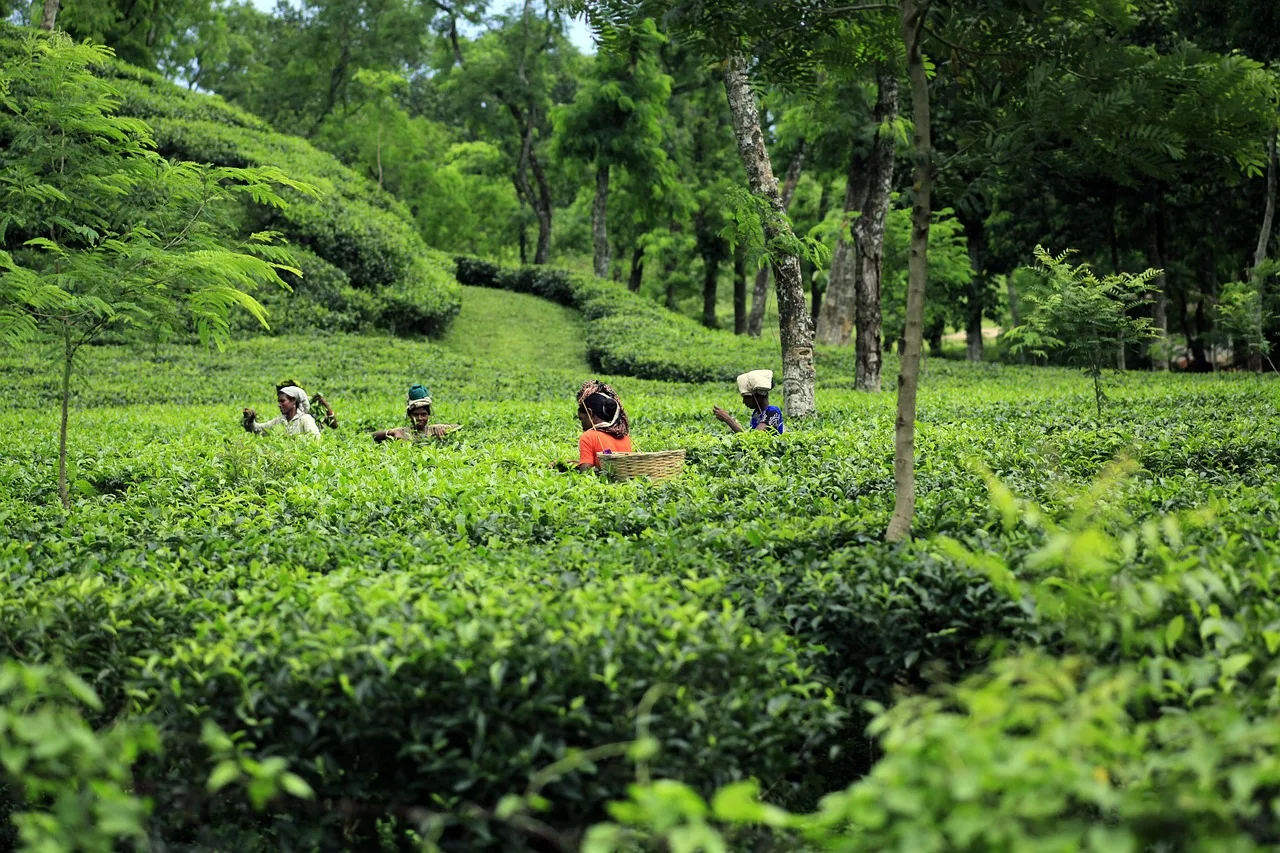Bangladesh Tea Plantations

Bangladesh - Why visit the Bangladesh Tea Plantations?
Bangladesh's Tea Plantations
Travel to the lush hills of Bangladesh, where undulating landscapes adorned with vibrant shades of green unfold before your eyes. The tea plantations of Bangladesh, nestled in the northeastern region, paint a picture of serenity and productivity. This is a journey beyond the hustle of city life, where time seems to slow down, and the air is infused with the aromatic essence of freshly plucked tea leaves.
Sylhet: The Gateway to Tea Country
Sylhet, often hailed as the gateway to Bangladesh's tea country, serves as the starting point for this adventure. The region, bordered by India to the north and hilly terrain to the south, provides the ideal topography for cultivating tea. As you ascend the slopes, the air becomes crisper, and the sprawling tea gardens begin to dominate the landscape. These vast expanses of greenery, punctuated by neatly aligned rows of tea bushes, create a picturesque panorama that is both soothing and awe-inspiring.
Tea Estates
The tea estates of Bangladesh, some of which have roots dating back to the British colonial era, showcase a harmonious blend of tradition and modernity. Venture into the heart of estates like the Ratnodweep Tea Garden, and you'll witness the meticulous process of tea cultivation. The rhythmic plucking of leaves by skilled workers, often adorned in colourful attire, adds a touch of vibrancy to the serene surroundings. Tea factories, with their machinery humming, process the leaves with precision, ensuring the highest quality of the final product.
Engage with the friendly locals, many of whom have dedicated their lives to the art of tea cultivation. Their stories echo through the generations, painting a vivid picture of the challenges and triumphs that shape the tea industry. The sense of community in these estates is palpable, and visitors are welcomed with open arms. It's an opportunity to not only savour the world-renowned Bangladesh tea but also to appreciate the dedication and passion embedded in each cup.
The Tea Tourism Experience
Tea tourism has emerged as a burgeoning trend in Bangladesh, offering visitors an immersive experience in the heart of the plantations. Retreat to charming tea estate bungalows, where colonial-era architecture meets modern hospitality. Wake up to the misty mornings and the melodious chirping of birds, as the aroma of freshly brewed tea wafts through the air. Guided tours through the estates provide insights into the nuanced process of tea production, from planting and harvesting to the delicate art of tea blending.
Nestled within the scenic landscapes are opportunities for leisurely walks through the tea gardens. As you amble along the trails, the serenity of the surroundings is punctuated only by the occasional rustle of leaves and the distant calls of wildlife. The experience culminates in tea tastings, allowing you to sample the diverse flavours and aromas of Bangladesh's premium teas, from bold black teas to delicate green varieties.
Sustainable Tea Cultivation
Beyond the idyllic scenes and delightful sips, the tea plantations of Bangladesh play a crucial role in sustainable agriculture. Many estates are committed to eco-friendly practices, ensuring the preservation of the delicate ecosystems that thrive in these regions. Efforts to minimize the environmental impact, coupled with fair labour practices, contribute to the holistic appeal of Bangladesh's tea industry. Visitors, as they immerse themselves in the beauty of the plantations, become witnesses to a harmonious relationship between humanity and nature.
In the embrace of the tea plantations of Bangladesh, tranquillity reigns supreme. It's a journey that transcends the visual spectacle of lush landscapes and the sensory delight of exquisite tea; it's an immersion into the very essence of a culture. The tea plantations, with their timeless beauty and commitment to sustainability, invite travellers to not just witness but to be a part of a legacy that continues to steep in the heart of Bangladesh.
